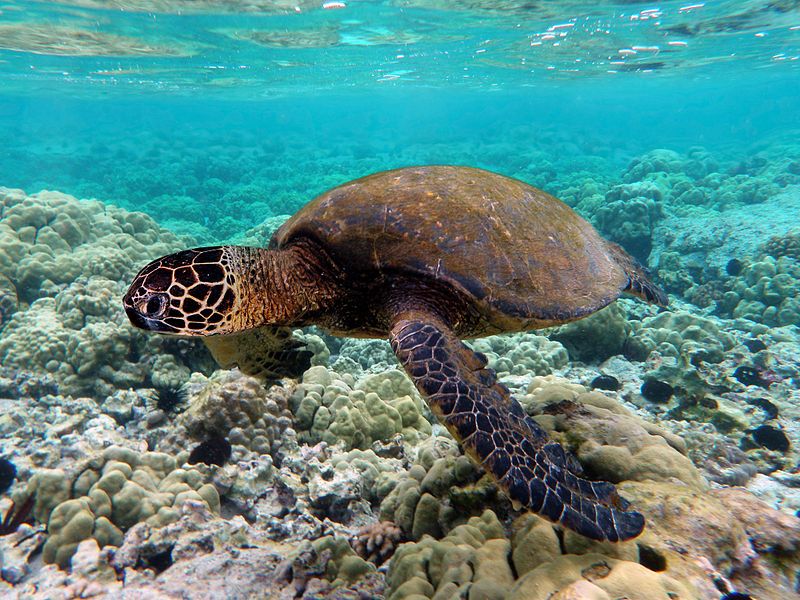Coral might be better at coping with acidity than previously thought
A new study in Nature Climate Change has suggested that corals might be able to survive in more acidic water than previously thought.

A new study in Nature Climate Change has suggested that corals might be able to survive in more acidic water than previously thought. It is well known that carbon dioxide emissions are causing a gradual acidification of the world's oceans and this is certain to cause a huge impact to sea life dependant on alkali shell growing conditions. Corals are a particularly fragile group of organisms which could suffer dramatically with the combination of temperature rise and lowering pH.
This study however, shows that corals may be better placed to deal with increasing acidity via a process involving symbiotic algae. The research team, from Australia and France, showed that some organisms, including most corals, form calcium carbonate skeletons that have an ability to cope with the acidity.
Professor Malcolm McCulloch, who was a key member of the team says: "The good news is that most corals appear to have this internal ability to buffer rising acidity of seawater and still form good, solid skeletons. Marine organisms that form calcium carbonate skeletons generally produce it in one of two forms, known as aragonite and calcite.”
"Our research broadly suggests that those with skeletons made of aragonite have the coping mechanism, while those that follow the calcite pathway generally do less well under more acidic conditions."
"But the picture for coral reefs as a whole isn't quite so straightforward, as the 'glue' that holds coral reefs together -- coralline algae -- appear to be vulnerable to rising acidity," says McCulloch.
The study of course has not assessed the potential for the corals to adapt to global warming, which is the other aspect to the problem. Most evidence shows a warming of two degrees would devastate the current coral reefs.
Another study in the Journal PLoS ONE, has assessed which corals are more likely to adapt to warmer conditions, and the scientists in question believe some corals could survive significant warming. Warming of corals leads to bleaching, which happens when the algae living in the coral is expelled, removing the coral’s food source, and usually leads to death.
Perhaps the more worrying aspect to the studies is that some forms of plankton, essential for much life in the ocean, is vulnerable to the increased acidity. A die-off of ocean life of the magnitude caused by the loss of plankton would remove much of the buffering effect of the ocean on carbon dioxide, accelerating global climate change, and also would irreparably damage many ocean ecosystems and thus remove an important resource for humanity.




